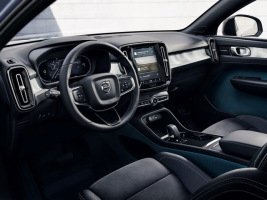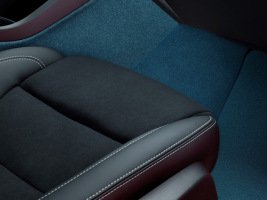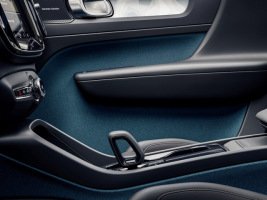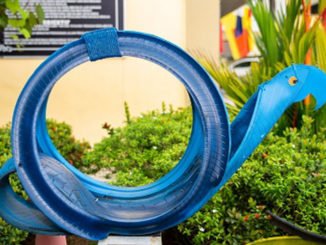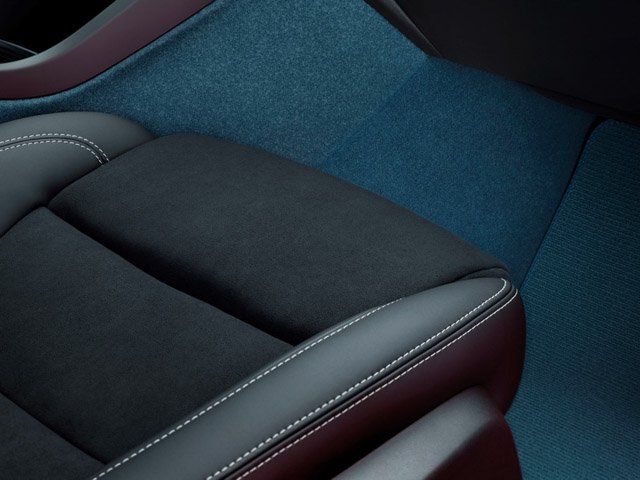
Leather-free agenda amidst ethical concerns about animal welfare and sustainability
Volvo all-electric cars, starting with the new C40 Recharge, will be completely leather-free. By 2030, Volvo Cars plans to offer only fully electric cars and they will all be leather-free.
By 2025, the aim is for 25 per cent of the material in new Volvo cars to consist of recycled and bio-based content with all of its immediate suppliers, including material suppliers, to use 100 per cent renewable energy by 2025.
Volvo Cars’ leather-free agenda is driven by concerns about the negative impact of cattle farming and deforestation. Livestock is estimated to be responsible for around 14% of global greenhouse gas emissions from human activity, with the majority coming from cattle farming.
Instead of leather interiors, Volvo Cars will offer alternatives like high-quality sustainable materials made from bio-based and recycled sources.
For example, Nordico, a new interior material created by Volvo Cars will consist of textiles made from recycled material such as PET bottles, bio-attributed material from sustainable forests in Sweden and Finland, and corks recycled from the wine industry. Nordico will make its debut in the next generation of Volvo models.
Wool blend options will also be available, from suppliers that are certified to source responsibly, with full traceability and animal welfare in its wool supply chain.
Volvo Cars is also looking to reduce the use of residual products from livestock production commonly used within or in the production of plastics, rubber, lubricants and adhesives, either as part of the material or as a process chemical in the material’s production or treatment.
The company believes that while going leather-free is a step in the right direction, doing so alone does not make a car interior vegan. In order to help stop animal harm, and reduce demand for animal-based products, Volvo Cars will actively replace these materials as much as possible.

